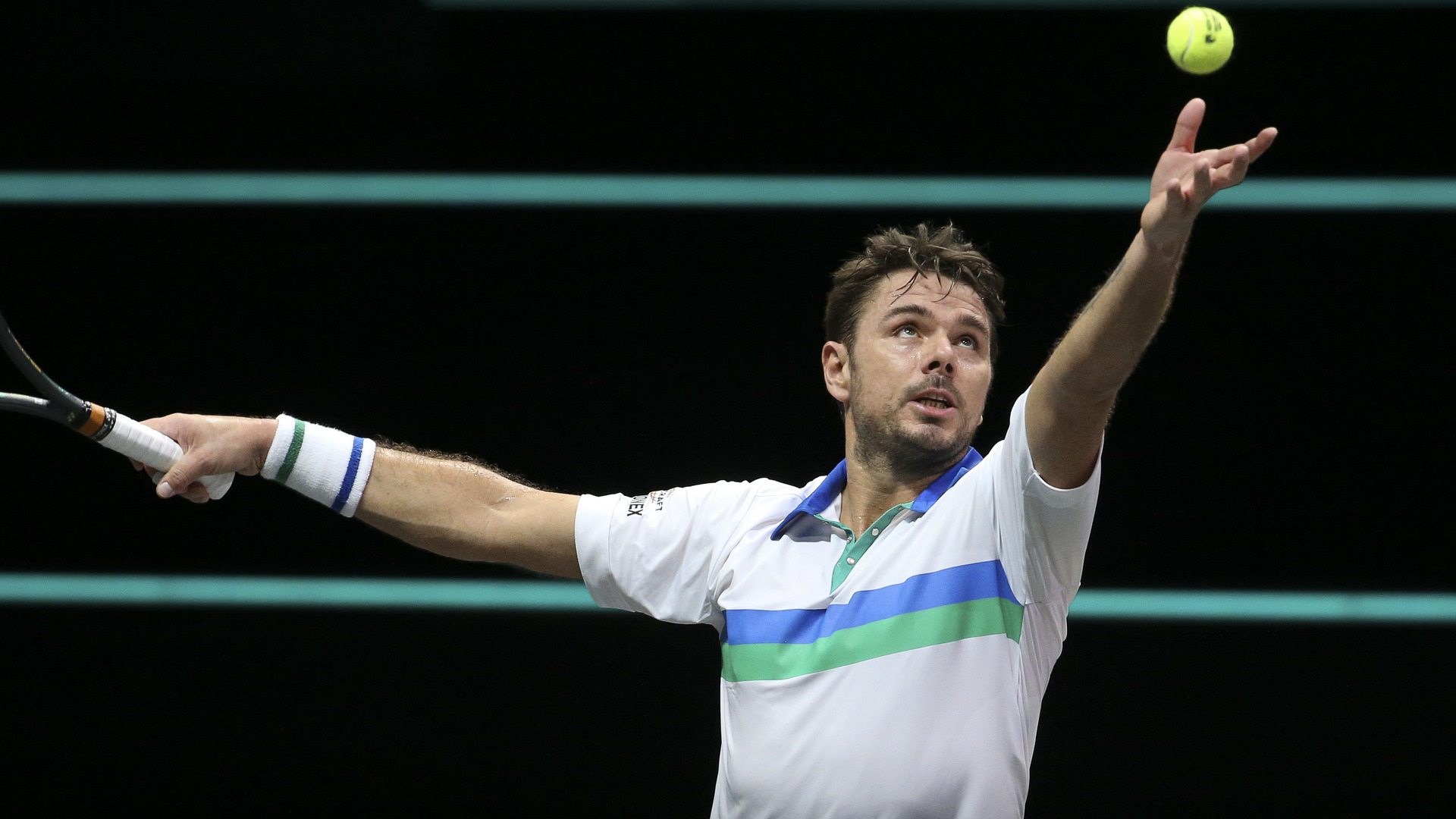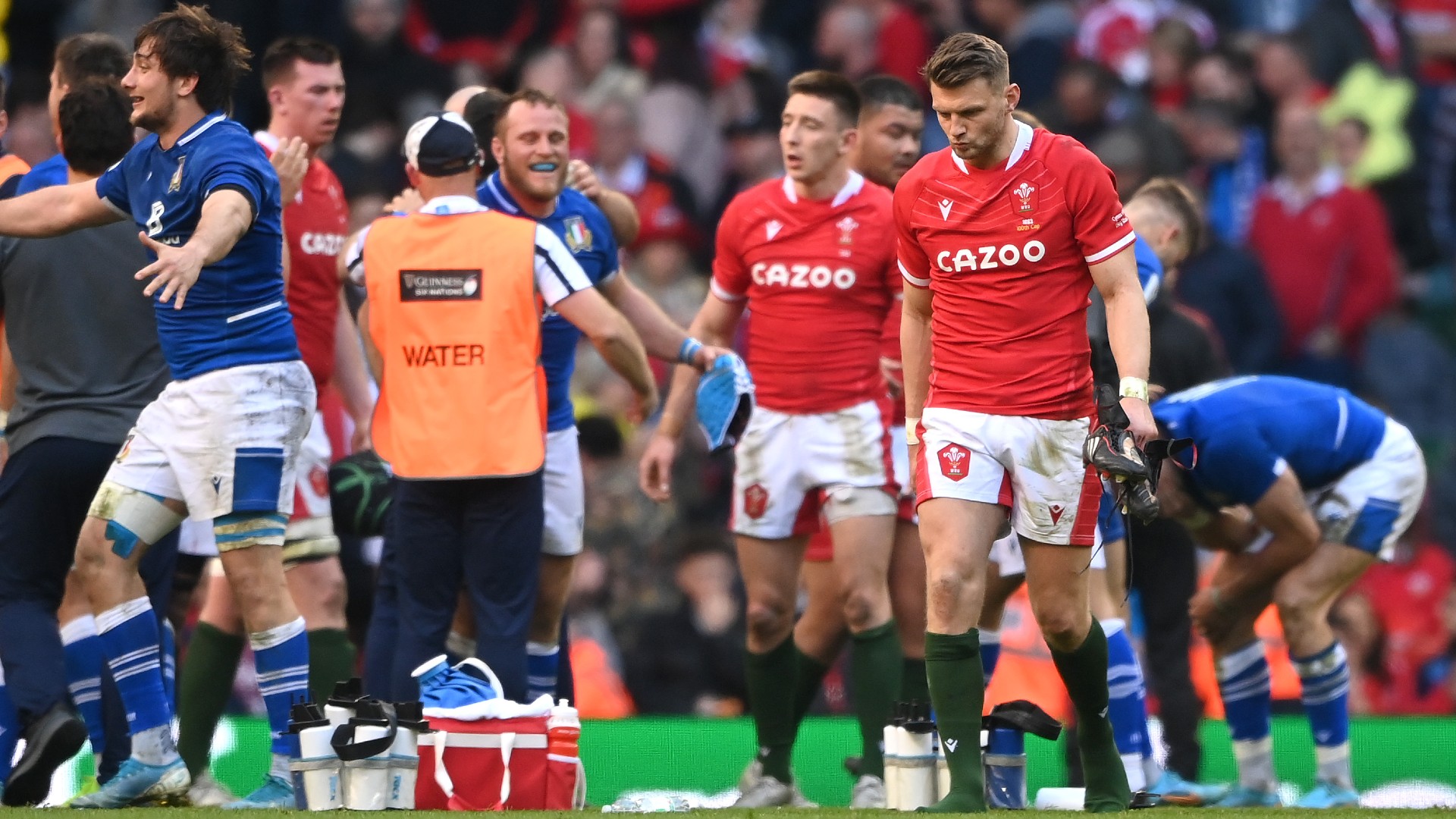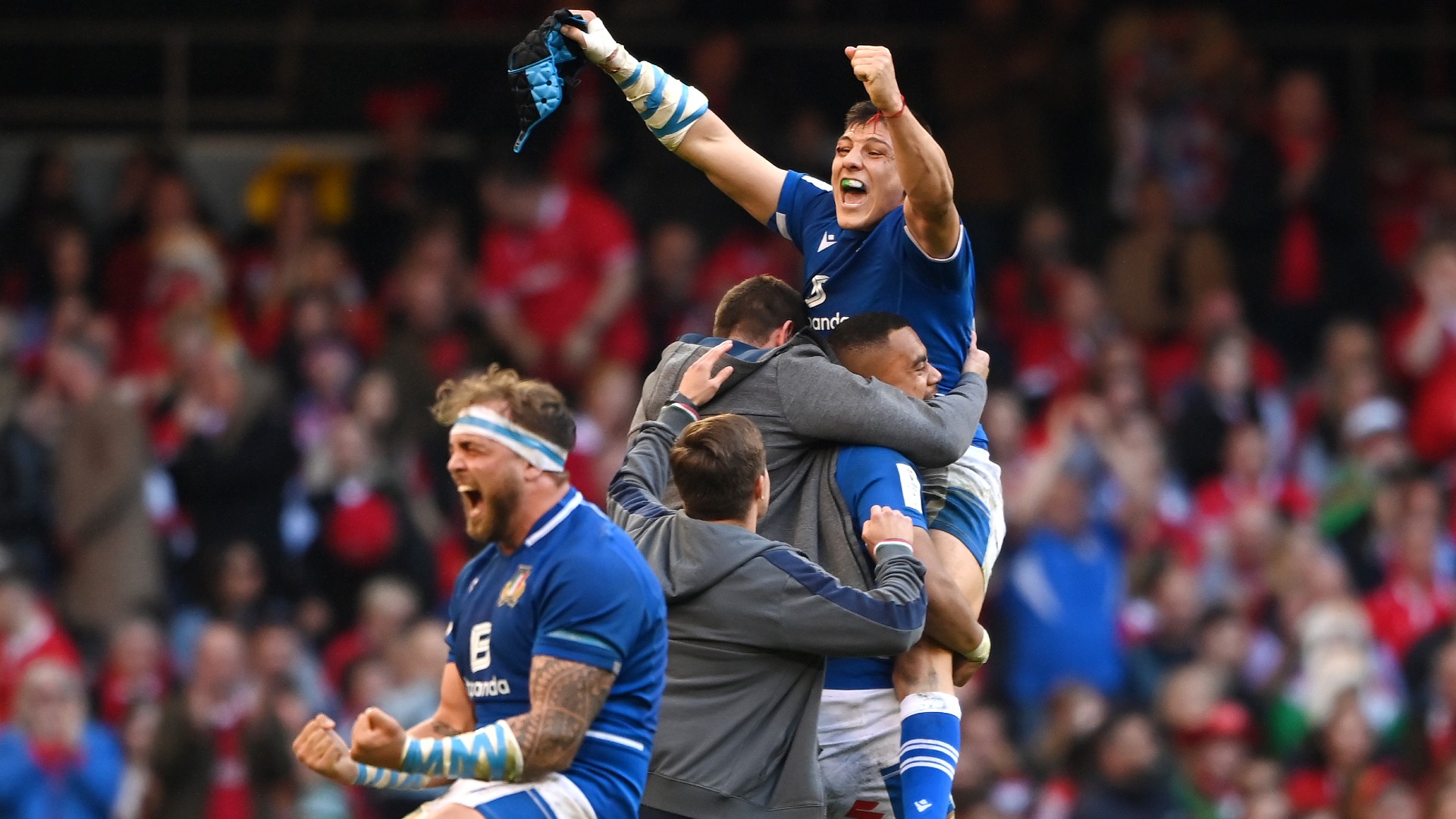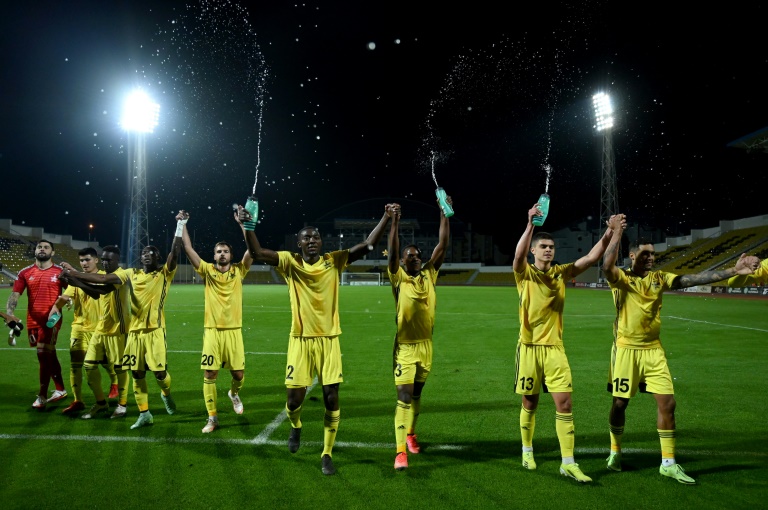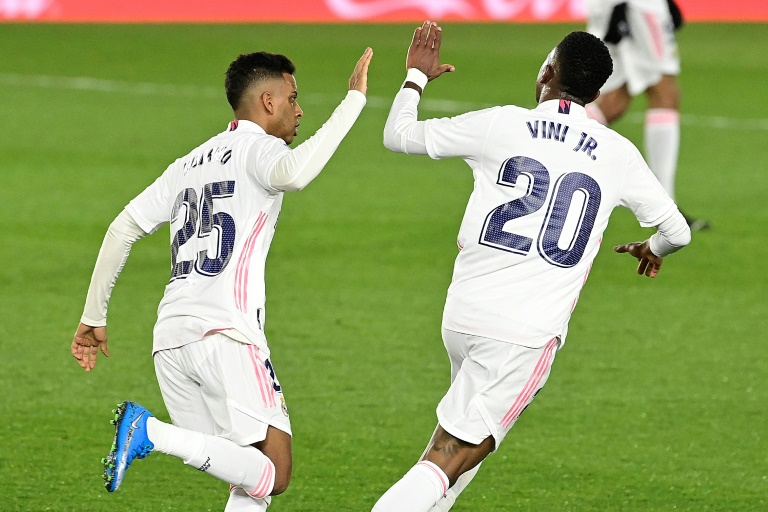
Barcelona may have to rely on selling commercial revenue streams and broadcasting rights to ease financial difficulties should Frenkie de Jong not join Manchester United.
That is the message from football financial expert Kieran Maguire, who outlined to Stats Perform the issues Barca face in meeting LaLiga financial fair play rulings.
The Blaugrana have already spent over €100million to bring in Raphinha and Robert Lewandowski, alongside free agents Franck Kessie and Andreas Christensen, while renewing Ousmane Dembele’s deal.
Barca’s dealing have led to question marks from pundits given the club are reportedly €1.3billion in debut, with Bayern Munich boss Julian Nagelsmann pondering how they were able to sign Die Roten’s prized asset Lewandowski.
Maguire explained Blaugrana president Joan Laporta has relied on two “economic levers”, the first seeing the Catalan giants sell 10 per cent of their LaLiga broadcasting rights to investment firm Sixth Street.
The second method, Maguire said, will involve Barca selling up to 49 per cent of their commercial revenues “in a deal which could be worth a couple of hundred million euros”.
Maguire suggested Barca would have up to €130m to spend from those two deals, but added they need De Jong – who has been linked with the Red Devils – to leave to allow the LaLiga giants to raise funds and register their new arrivals.
“They can sign players, but they can’t register players, and that’s the more important issue,” he told Stats Perform. “What Barcelona have to be able to do is to reduce the level of their short-term debt under the LaLiga rules.
“Now, the way they’re going to do that is to generate short-term income. First of all in respect of their broadcasting rights, so they’ve been involved in a deal with Sixth Street from the US and I think they’ve sold 15 per cent of their broadcasting rights, covering around about the next 20 years.
“It’s the equivalent of a payday loan, in which you take money now which comes out of your future revenue. And that’s being referred to by Laporta as one of the two economic levers that they have. The other way that they’re going to do that is in respect of some of their commercial revenues.
“I think they’re willing to give up to 49 per cent of those, again in a deal which could be worth a couple of hundred million euros. You put those two together and that will allow them to spend some money.
“I think now the first deal has gone through with Sixth Street, they should be able to register one player. They were relying on De Jong going in order to be able to register the others.
“If that’s not going to work, then expect them to pull the other levers, perhaps quicker in order to generate the revenue that will allow them to register the remaining players.”
Last week, United and Barcelona reportedly struck a deal for De Jong worth £63m (€75m), with a further £8.5m (€10m) in add-ons also possible.
But reports suggested the move for the Netherlands international is being held up by £17m (€20m) worth of deferred salary payments that Barca owes De Jong.
“The player is very much in the right here, the player signed a contract with an agreed amount of remuneration,” Maguire added. “The club asked the player to make a sacrifice during COVID-19.
“If the club can afford to recruit Lewandowski and recruit Raphinha, and [Ferran] Torres, then those players will not be taking pay cuts.
“So why should De Jong be the fall guy in respect of this? You can understand the player being angry about this situation.
“Effectively, he’s being treated as a disposable asset and asked to take a financial sacrifice at the same time.”
Maguire insisted Barca’s financial difficulties, the reason Lionel Messi had to join Paris Saint-Germain last August, are due to their own incompetency and not solely down the coronavirus pandemic.
“Barcelona have been run very poorly from a financial point of view for a long period,” he continued. “They have relied on Messi to be their focus of attention until things started to deteriorate on the back of COVID.
“But COVID was not the only reason why Barcelona are in this problem – and other clubs aren’t. So Barcelona are trying to emotionally blackmail some of their players by focusing on the Barcelona brands, its appealed to a fan base.
“And I think there will be resistance from players because they’ve acted in good faith. Whether they’re worth the money they’re being paid, that’s not for me to decide.
“Nobody forced Barcelona to offer these players the wages that they are currently being paid. So it’s up to Barcelona to honour the contracts and they don’t appear to be willing to be honourable.”




